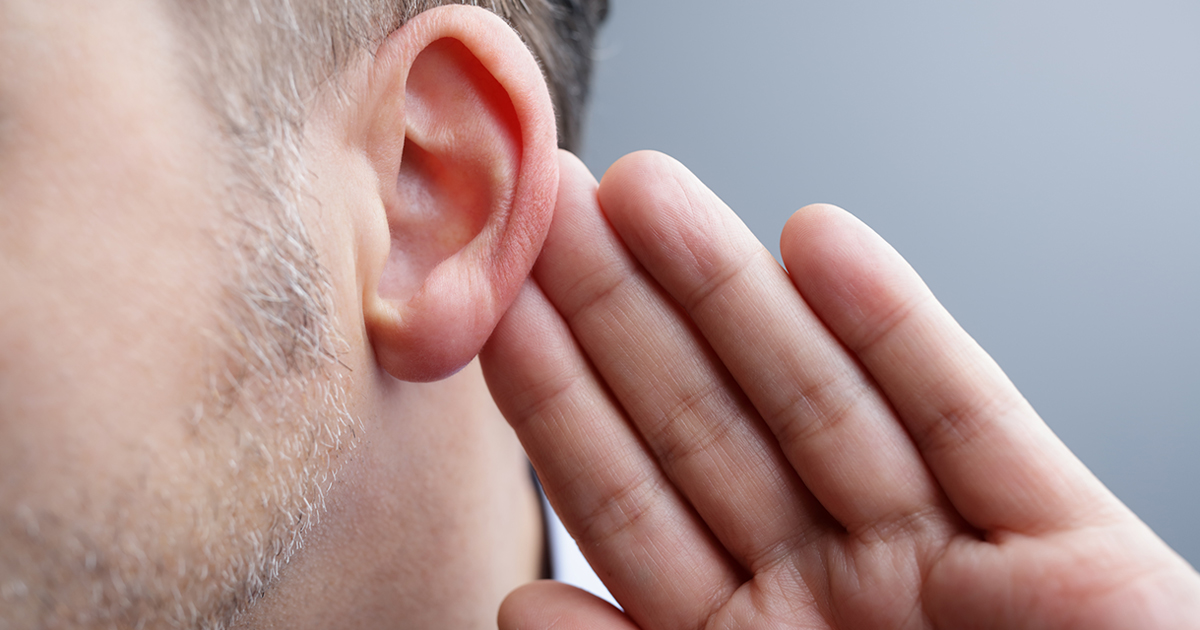Signs Of Paget's Disease
Paget's disease is a bone disorder that affects about one percent of American adults. It occurs when the body fails to process new bone formation correctly. Typically, the bones are always in a state of change, and new bone replaces old at a reasonably constant rate. In Paget's disease, however, old bone is broken down too quickly, and it's not replaced with new, healthy bone. Bone pain, deformities, and fractures are possible complications of this disease, which tends to affect the bones of the pelvis, skull, legs, and spine. It's more common in older individuals, especially those over sixty years old and those with a family history of Paget's disease. Get to know the main symptoms of this condition now.
Pain Or Numbness

Paget's disease can cause pain or numbness, especially when it affects bones in the spine. As the disease progresses, it can cause these bones to deform. In turn, deformed bones in the spine can put pressure on the spinal nerve roots, causing pain, numbness, and tingling in the legs, arms, neck, shoulders, and arms. Numbness and tingling in the limbs is known as peripheral neuropathy. Another possible symptom of Paget's disease in the spine is sciatica, which is pain that travels from the spine and down into the leg. The disease can also cause problems with balance, normal range of movement, and even bowel and bladder incontinence.
Hearing Loss

Hearing loss from Paget's disease can occur when it affects the skull. The three tiny bones in the middle ear, the stapes, incus, and malleus, are arranged in a precise, delicate way. As sounds enter the ear, these bones vibrate as part of the hearing process. Paget's disease can affect the shape of these bones, causing an alteration in their form and function. This alteration can result in hearing loss. Another theory is Paget's disease causes a loss in mineral density in the complex passages of skull bones surrounding the cochlea in the inner ear. The cochlea is responsible for sending sound vibrations to the brain for further interpretation. It's how we understand speech and enjoy music. Paget's disease may also cause a decline in hearing by causing changes to occur in the nerves of the ear.
